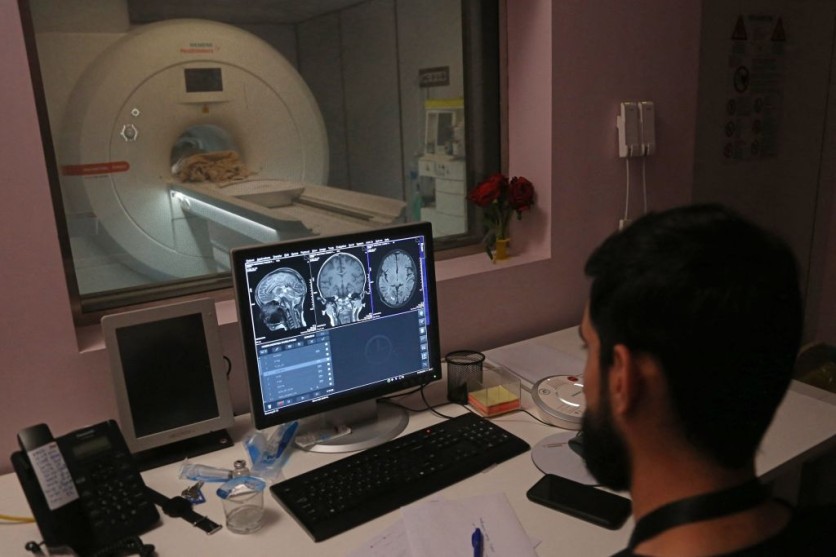A new study suggests a potential future wherein doctors might harness artificial intelligence (AI) to detect and diagnose cancer in patients, which could lead to earlier intervention.
Can AI Identify Cancer in Patients?
DNA, the blueprint of life, stores genetic information in sequences of four bases: A, T, G, and C. Environmental factors can modify these bases through a process called DNA methylation, wherein methyl groups are added.
Such modifications can influence gene expression and are observed in cancer cells, presenting a potential biomarker for early detection. However, the challenge lies in deciphering these subtle methylation patterns, similar to finding specific needles in a vast genetic haystack.
Now, Cambridge University and Imperial College London researchers have created an AI model trained in machine and deep learning techniques. Their objective is to scrutinize DNA methylation profiles and discern patterns indicative of 13 different cancer types, including breast, liver, lung, and prostate cancers.
The team reported that the model achieved an accuracy of 98.2% in distinguishing cancerous from non-cancerous tissues, albeit with reliance on tissue samples rather than blood-based DNA fragments. To transition this AI into clinical practice, rigorous testing on a diverse range of biopsy samples would be essential.
Central to the study's findings is the AI's interpretability-its capacity to elucidate the rationale behind its diagnostic predictions. By unraveling the underlying mechanisms contributing to cancer, the AI promises to enhance comprehension and bolster confidence in its clinical applications.
The researchers believe that AI-driven cancer detection has profound potential benefits. Early identification of abnormal methylation patterns could usher in earlier treatment interventions, significantly improving patient outcomes.
When caught in their early stages, most cancers offer a greater likelihood of successful treatment or cure, underscoring the critical importance of early detection strategies.
Read Also : Unlocking the Fountain of Youth? New Research Suggests Reprogramming T Cells to Reverse Aging

Computational Methods in Healthcare
The study's lead author, Shamith Samarajiwa, emphasized the transformative potential of computational methods like AI in healthcare. With further refinement through expanded datasets and rigorous clinical validation, AI models could become indispensable tools for oncologists in screening and early cancer detection.
Samarajiwa envisioned a future where AI assists physicians in making informed decisions based on a comprehensive analysis of DNA methylation data. Looking ahead, the researchers proposed extending their approach to include cell-free DNA methylation data, aiming to develop liquid biopsy methods for detecting multiple cancer types.
This advancement could revolutionize cancer screening by offering non-invasive, efficient diagnostic tools for cancers with elusive origins or those requiring specific screening protocols. While optimistic about the prospects, the researchers cautioned that current AI models are not optimized for all clinical scenarios.
Further advancements are needed to fine-tune these models for broader cancer detection and monitoring applications. The study's findings were published in Biology Methods & Protocols.
Read also: Prostate Cancer Prevention: Study Reveals Significant Risk Reduction Through Fitness Improvement

ⓒ 2025 TECHTIMES.com All rights reserved. Do not reproduce without permission.




